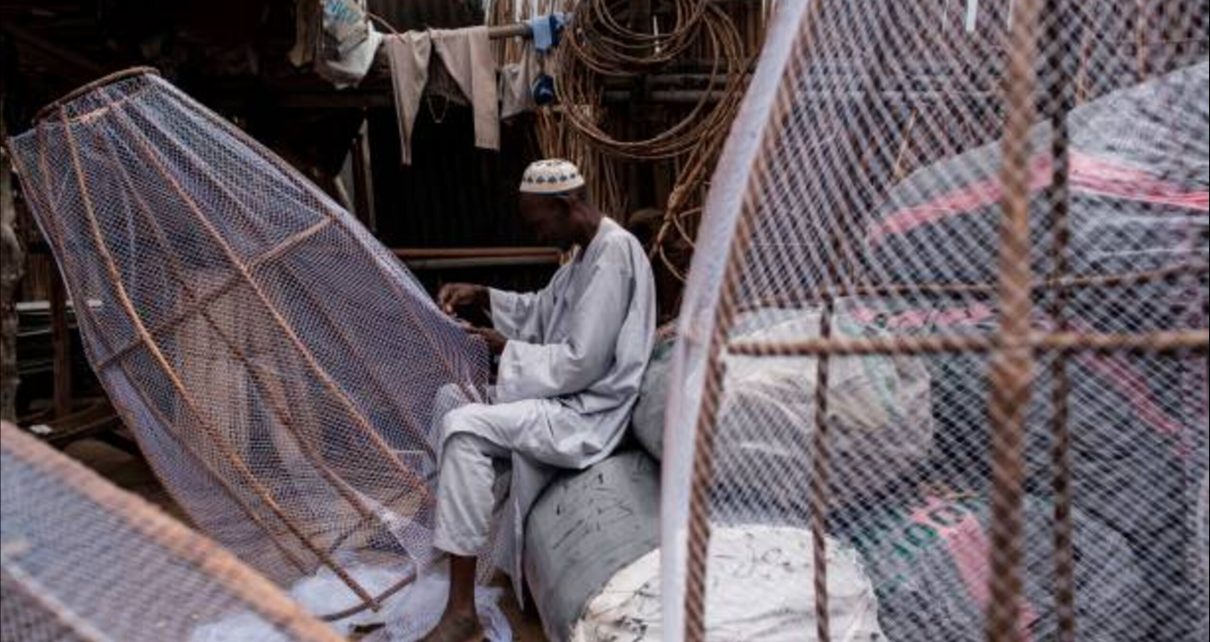Islamist extremists have given fishermen and other Baga, Borno State inhabitants a 14-day notice to leave their homes, leaving them in a terrible condition, according to a Reuters report. On May 27, fighters from the Boko Haram spinoff Islamic State West Africa Province (ISWAP) invaded Baga, killing fifteen and kidnapping numerous others. A fisherman, Umar, a 33-year-old father of three, and his community live in continual fear and uncertainty due to the possibility of another attack.
Umar, who has spent his entire life fishing in Lake Chad and trading his catch in the surrounding countries, now contemplates fleeing his home. “We are in a difficult situation and helpless,” Umar told Reuters. “Ever since the notice, I have been constantly worried and in fear.”
Many residents have already fled Baga, although exact numbers are not available. This crisis comes despite President Bola Tinubu’s promise to end widespread insecurity, including the Boko Haram insurgency that began in 2009.
Baga, located in Kukawa within Borno State, is a key area in the insurgency and houses a brigade of the Multinational Joint Task Force (MNJTF). However, this military presence offers little solace to the residents. In January 2015, Boko Haram overran the MNJTF headquarters in Baga, killing dozens.
Defence spokesperson Major General Edward Buba assured that the military has “measures to ensure the people are protected from acts of terror of the terrorists.” Nevertheless, the threat persists. Modu Massah Baga, 39, who supports his family through fishing, expressed his anguish. “How can you just leave where you have a source of livelihood and go to where you don’t know? It is disheartening to us because many are afraid and worried.”
Adding to the tension, Baga has witnessed intra-jihadist conflict between ISWAP and Jama’tu Ahlis Sunna Lidda’awati wal-Jihad (JAS), another Boko Haram faction. Security experts suggest this internal strife could have prompted the eviction notice. James Barnett, a Hudson Institute research fellow, noted, “ISWAP is sometimes more aggressive towards civilians in the Lake Chad communities when it is facing setbacks because it has to resort to terrorising communities to deter them from working with either the military or a rival faction.”
As the situation in Baga remains precarious, the affected residents continue to grapple with the threat of violence and the potential loss of their homes and livelihoods.


